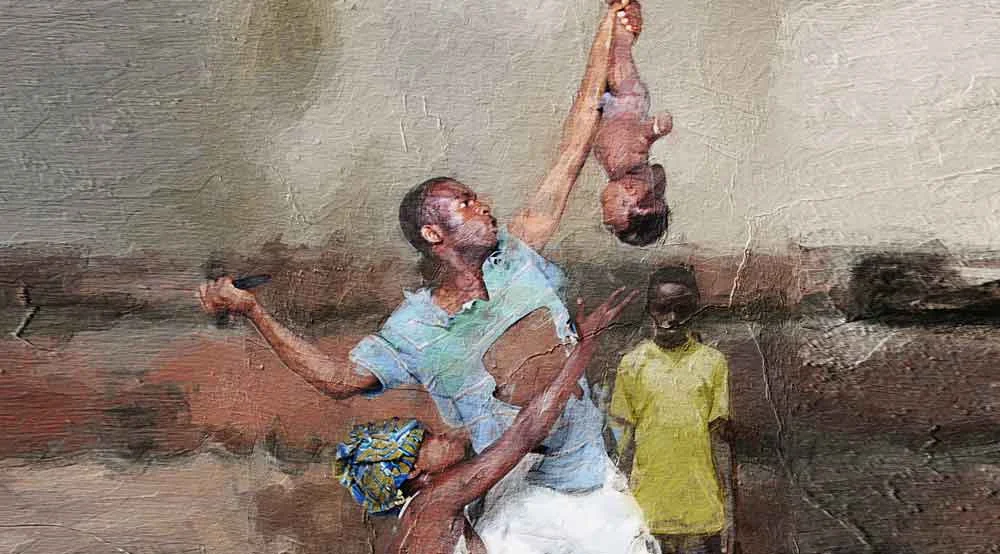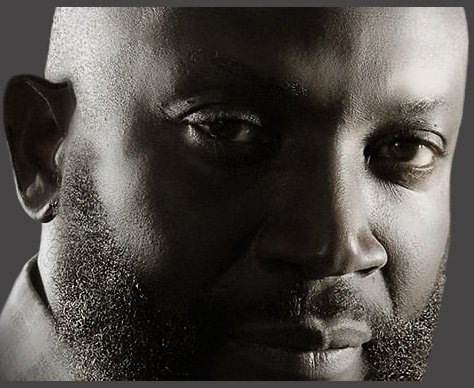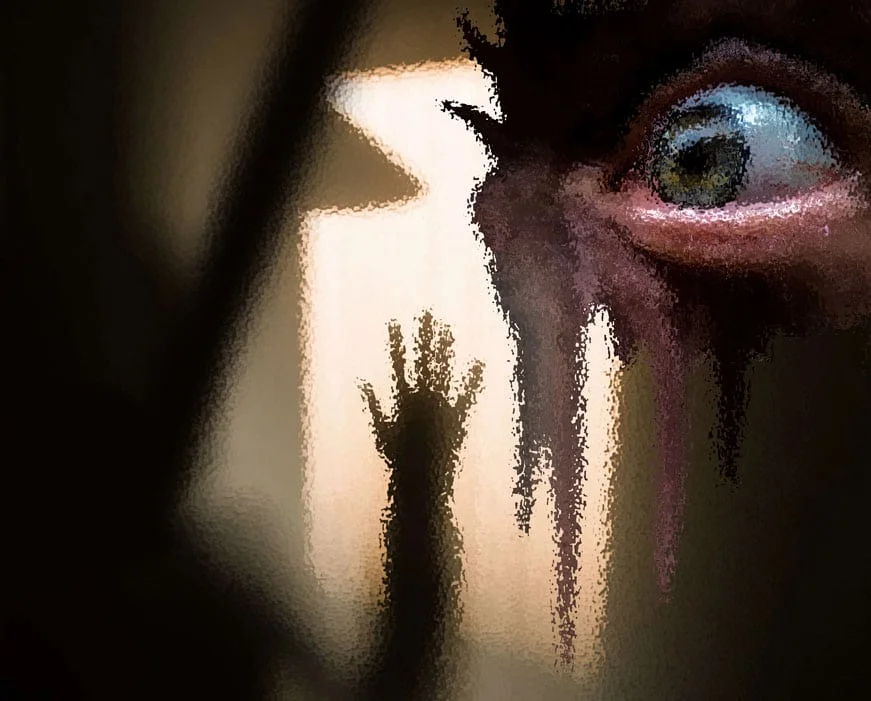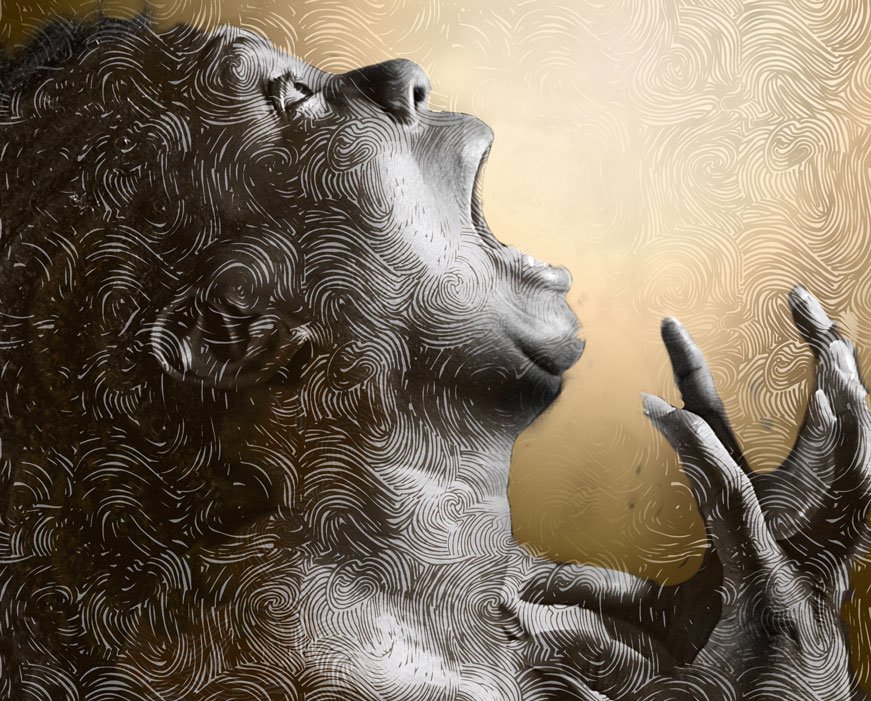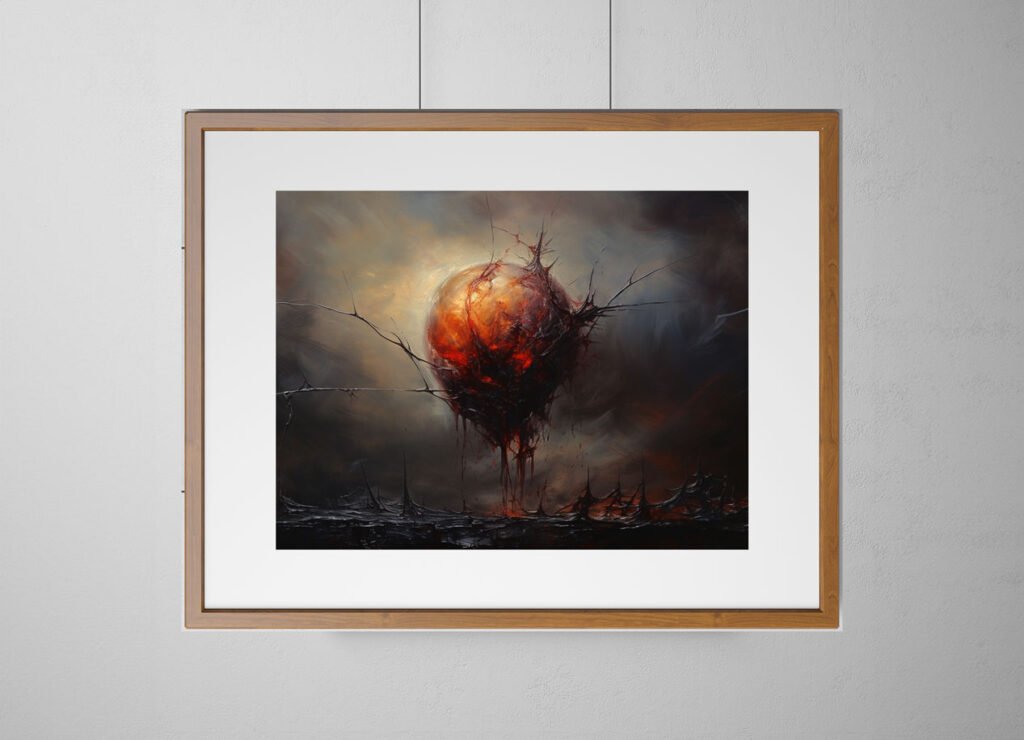Introduction
In the heart of Africa, particularly in Nigeria, the specter of economic backwardness looms large. The struggles faced by individuals and families are often heartbreaking and unimaginable. As an artist, I feel compelled to shed light on these issues through my work, using art as a medium to express the raw realities of life in a country burdened by poverty, corruption, and systemic neglect. The attached artworks in this post and article encapsulate this struggle—a poignant depiction of desperation and the fight for survival amidst dire circumstances. In Nigeria, countless individuals are forced to make unthinkable choices to survive. Stories abound of families scavenging for food in refuse dumps, children being sent to the streets to beg, and parents sacrificing their dignity to provide for their loved ones. These narratives are not mere statistics; they are the lived experiences of real people, each with dreams and aspirations crushed under the weight of economic despair.
Expressive Art and Economic Consciousness
The Featured Image used with this blog article reflects a moment of desperation: Titled “Ìĺè ìbiñù” it is a digital art that enacts the vexatiousness and bitterness that exist in contemporary Africa. The image depicts a man, bruised and charred from a hostile system with the attendant consequence being apathy and madness. It equally depicts our leaders, in Africa, who heedlessly sow seeds of discords on our soil that produce nothing but more discord. Our lands have become mythic lands of vexation, a labyrinth of evil. This digital photography was inspired and drawn from a theatre play rehearsal activities I directed and staged on the 13th of July, 2004, in Jos, Nigeria, called, “Our People Will Die No More!”

“Ìĺè ìbiñù” Photographic Art by Ernest Obukx Agoba
The Role of Artists in Advocacy
Art has always been a powerful tool for social commentary. Many African fine artists and musicians have bravely tackled the pressing issues of economic hardship and societal neglect through their work. In music, for instance, Fela Kuti was deeply rooted in political activism. His songs addressed corruption, dictatorship, and social injustice in Nigeria. Through Afrobeat, he combined traditional African rhythms with jazz and funk, creating a sound that was both engaging and provocative. Sonny Okosun’s music often addressed critical social and political issues in Nigeria, such as corruption, military rule, and the struggles of the common people. His song “Fire in the Mountain” is a critique of military dictatorship, calling attention to the political climate and urging people to recognize the dangers posed by oppressive governance. Through his lyrics, Okosun advocated for social justice and equality, emphasizing the need for collective action to challenge systemic injustices. African China, or Chinagorom Onuoha, is another prominent Nigerian musician and artist known for his advocacy through music. His work reflects socio-economic struggles and injustices faced by many Nigerians, using poignant lyrics to address issues like corruption, poverty, and human rights violations. By sharing personal experiences and weaving cultural elements into his songs, he connects deeply with his audience. His music mobilizes action, encouraging listeners to unite and actively participate in efforts for change. Burna Boy has gained international acclaim while addressing themes relevant to the African experience, particularly those pertaining to colonialism, identity, and systemic oppression. His song “African Giant” reflects pride in African heritage and a call for empowerment and unity. Burna Boy’s music often touches on contemporary issues like police brutality, exemplified in his collaboration with the #EndSARS movement. Songs like “Monsters You Made” highlight the struggles faced by marginalized communities, urging listeners to recognize and resist systemic injustices. While addressing heavy topics, Burna Boy’s music often celebrates resilience and determination. In the visual arts, not so many artists engage with these pressing issues. Some choose to remain aloof, focusing instead on commercial success while ignoring the plight of their fellow citizens. This disconnect is troubling, as it perpetuates a culture of silence around critical social issues. The art world must hold space for those who dare to confront uncomfortable truths, while also critiquing those who turn a blind eye. As we navigate these complex issues, it is essential to foster a sense of responsibility among artists and creators. The power of art lies not only in its ability to entertain but also in its capacity to inspire change. Artists must recognize their role as advocates for the voiceless, using their platforms to amplify the stories that often go unheard.
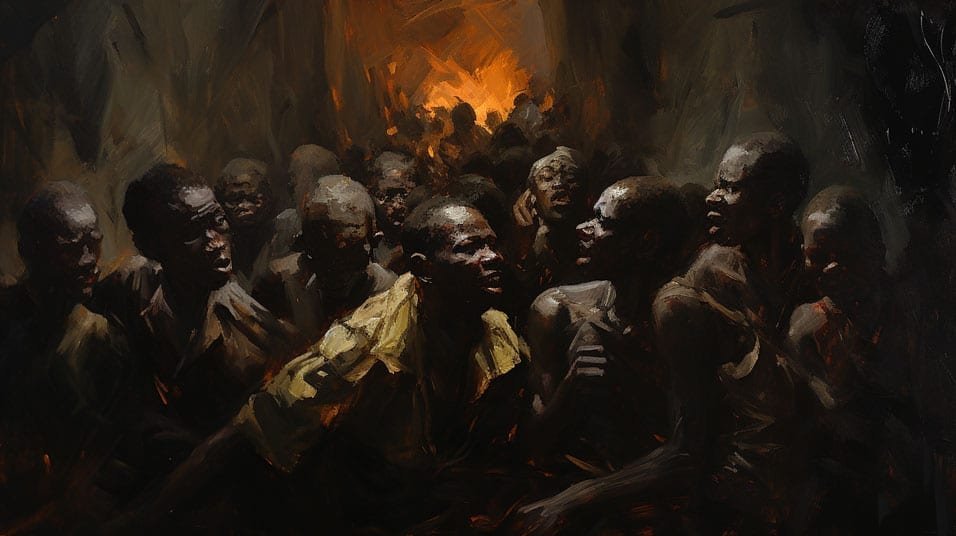
“Dark Tunnel” Digital Art by Ernest Agoba
“Dark Tunnels” is a digital art I eventually converted to an oil painting in 2020. It that captures my desire for the metaphors of tunnels and lights, and the excruciating journeys of African youths as they flee their homeland in search of solace and refuge. It is one of a series of paintings on Immigration still being worked upon by me.
Conclusion
Addressing issues of economic backwardness in Nigeria is fraught with challenges, but it is not insurmountable. As artists, we have a unique opportunity to influence public discourse and inspire action. By creating works that resonate with the struggles of our communities, we can create empathy and understanding. To move forward, we must encourage collaboration among artists, activists, and policymakers to create a united front against poverty and inequality. Education, community engagement, and advocacy are vital components of this effort. Together, we can work towards a future where every Nigerian, Africa, and the entire globe at large, has the opportunity to thrive, and where art serves as a beacon of hope and change. Let us not forget that while the struggles are immense, so too is the resilience of the human spirit. Through our collective efforts, we can illuminate the path toward a brighter future
